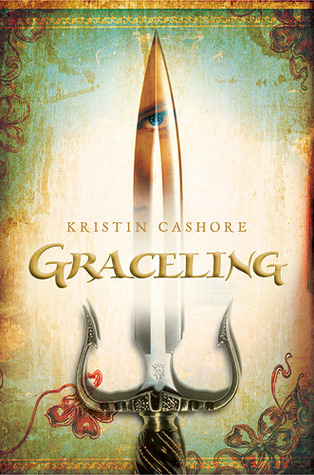 Ivy didn't get the magic gene. Her twin sister, Tabitha, did. Magic divided Tabitha and Ivy. Tabitha went off to magic school while Ivy lived in the regular world, which unfortunately included watching her mother die slowly and painfully from cancer. As an adult, Ivy makes a living as a private investigator, mostly investigating cheating spouses. Then Ms. Torres, headmistress of a nearby high school for magical teenagers walks into Ivy's office and offers her a job: find out who murdered Sylvia, one of the teacher's at the school.
Ivy didn't get the magic gene. Her twin sister, Tabitha, did. Magic divided Tabitha and Ivy. Tabitha went off to magic school while Ivy lived in the regular world, which unfortunately included watching her mother die slowly and painfully from cancer. As an adult, Ivy makes a living as a private investigator, mostly investigating cheating spouses. Then Ms. Torres, headmistress of a nearby high school for magical teenagers walks into Ivy's office and offers her a job: find out who murdered Sylvia, one of the teacher's at the school.On Goodreads many have classified this as mystery and fantasy. I agree with the mystery part, but would place it in the category of magical realism rather than fantasy. There is the real world as most of us know it and then there is small group of people called who happen to be able to do magic. Most people don't know magic is real. Mages are not totally separate from the rest of the population. Ivy is chosen for the detective job despite being non-magical because she is one of the few who know magic exists.
The mystery itself is not that mysterious. I guessed the who, why, and how about half way through. Still I enjoyed the journey. There was a lot going on in this book. Ivy's life isn't quite what she wanted to be and this job among new people gives her a chance to try being a new Ivy. It also gives her chance to work on her relationship with her twin. While working on those two things and trying to solve a mystery, she also has to deal with a teenage drama. It's a lot but it all comes together nicely.
I don't know if this is this is a one-off or the start of a series. I hope for the latter. A non-magical female detective solving magical mysteries, I am down for that.



 Fire is the second installment in the Graceling trilogy although it doesn't actually have much to do with the first book. It is a prequel of sorts, set in an adjacent world. In this world instead of Gracelings there are monsters. Monsters are beautiful creatures whose beauty mesmerizes humans, making it easier for monsters to devour humans. Fire is the last human monster. She is not only beautiful beyond reason, she possesses the power to read and influence people's minds. Men are particularly susceptible to her, repeatedly professing their love for her upon seeing her. Fire resists using her power after seeing her father who had the same power use it cruelly.
Fire is the second installment in the Graceling trilogy although it doesn't actually have much to do with the first book. It is a prequel of sorts, set in an adjacent world. In this world instead of Gracelings there are monsters. Monsters are beautiful creatures whose beauty mesmerizes humans, making it easier for monsters to devour humans. Fire is the last human monster. She is not only beautiful beyond reason, she possesses the power to read and influence people's minds. Men are particularly susceptible to her, repeatedly professing their love for her upon seeing her. Fire resists using her power after seeing her father who had the same power use it cruelly. Graceling is a young adult fantasy with a bit of romance. In the world author Kristin Cashore has created there are seven kingdom with seven kings. Some people in this world are "graced" with a special gift or ability. For instance a person might be a gifted cook or swimmer. Katsa, a young girl from the Middluns kingdom, is graced with fighting skill (or so she has been told).
Graceling is a young adult fantasy with a bit of romance. In the world author Kristin Cashore has created there are seven kingdom with seven kings. Some people in this world are "graced" with a special gift or ability. For instance a person might be a gifted cook or swimmer. Katsa, a young girl from the Middluns kingdom, is graced with fighting skill (or so she has been told).